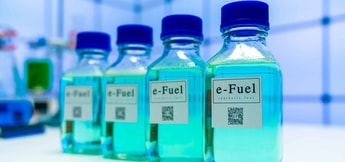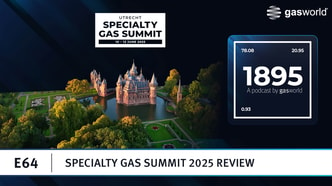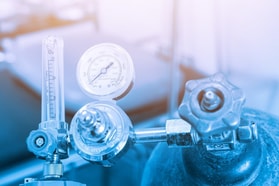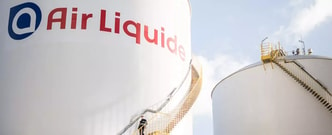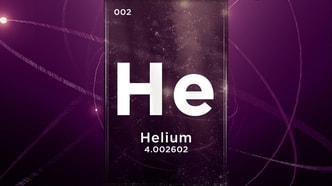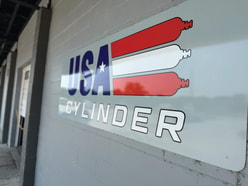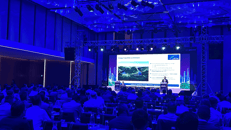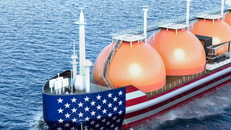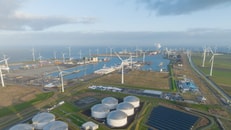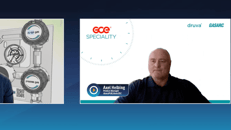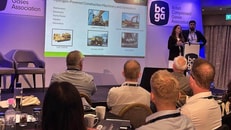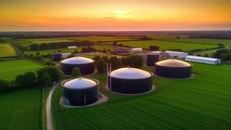Energy partners ink deal to advance global e-methane supply chain
Energy company Tree Energy Solutions (TES) has signed an agreement to explore and develop supply chains associated with electric natural gas (e-NG) derived from green hydrogen – or e-methane – alongside Japanese gas utility firm Tokyo Gas.
The partnership will see TES and Tokyo Gas work towards the creation of an international carbon dioxide (CO2) emissions counting system for e-methane and establishing an international supply chain for the fuel.
Gas-based energy accounts for 60% of Japan’s total demand for heating – a sector that currently presents barriers to achieve the government’s goal of carbon neutrality by 2050.
Seen as a promising clean energy alternative, e-methane can harness existing city gas infrastructure such as liquefied natural gas (LNG) receiving terminals, pipelines and consumption equipment without modification.
... to continue reading you must be subscribed


